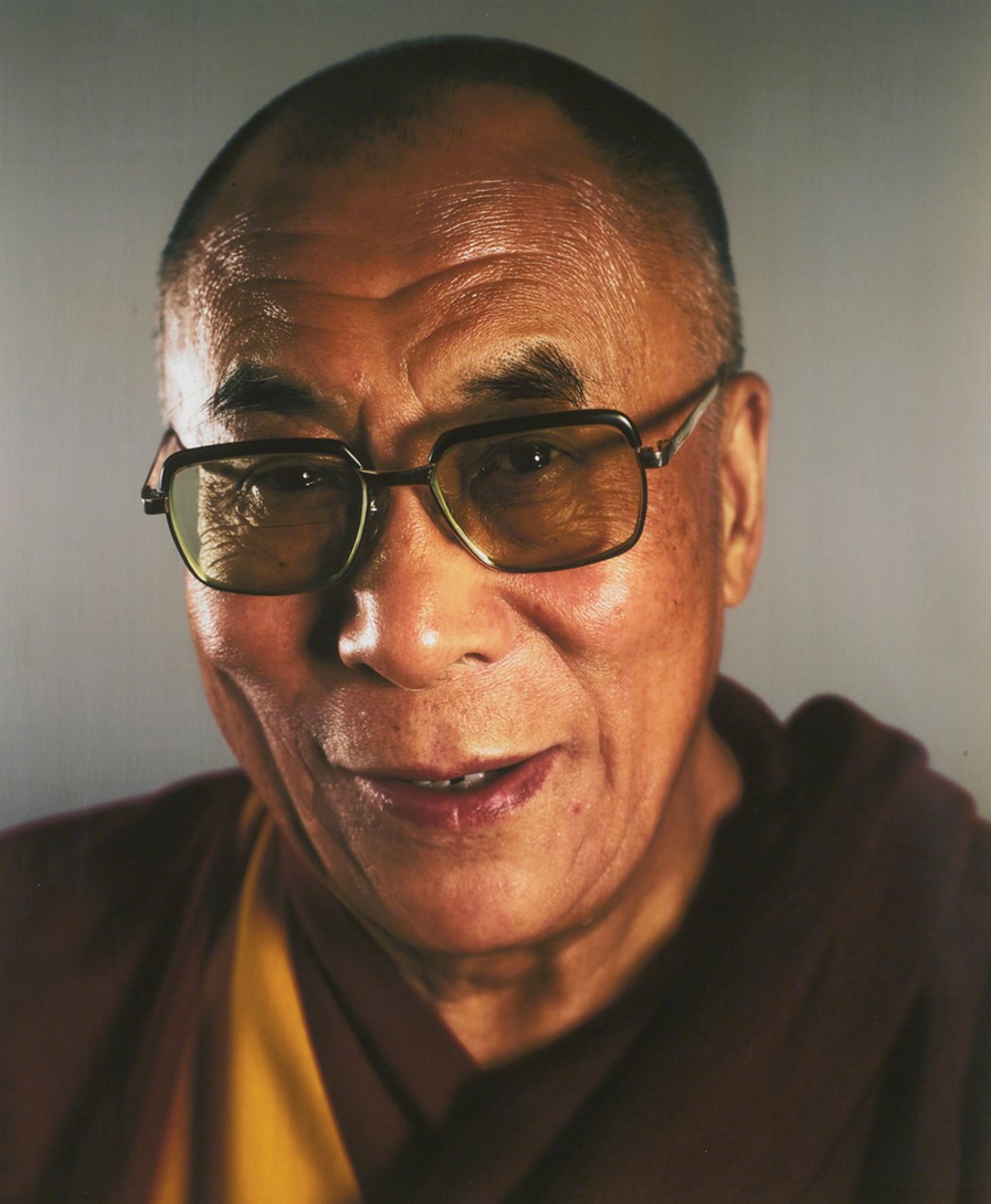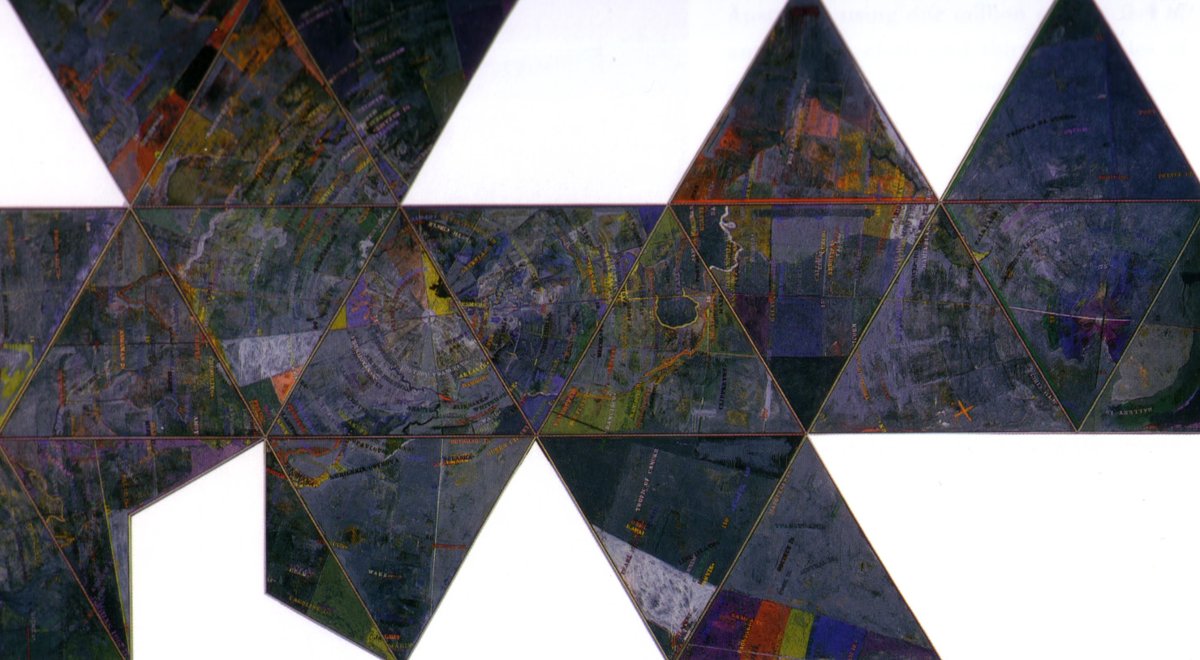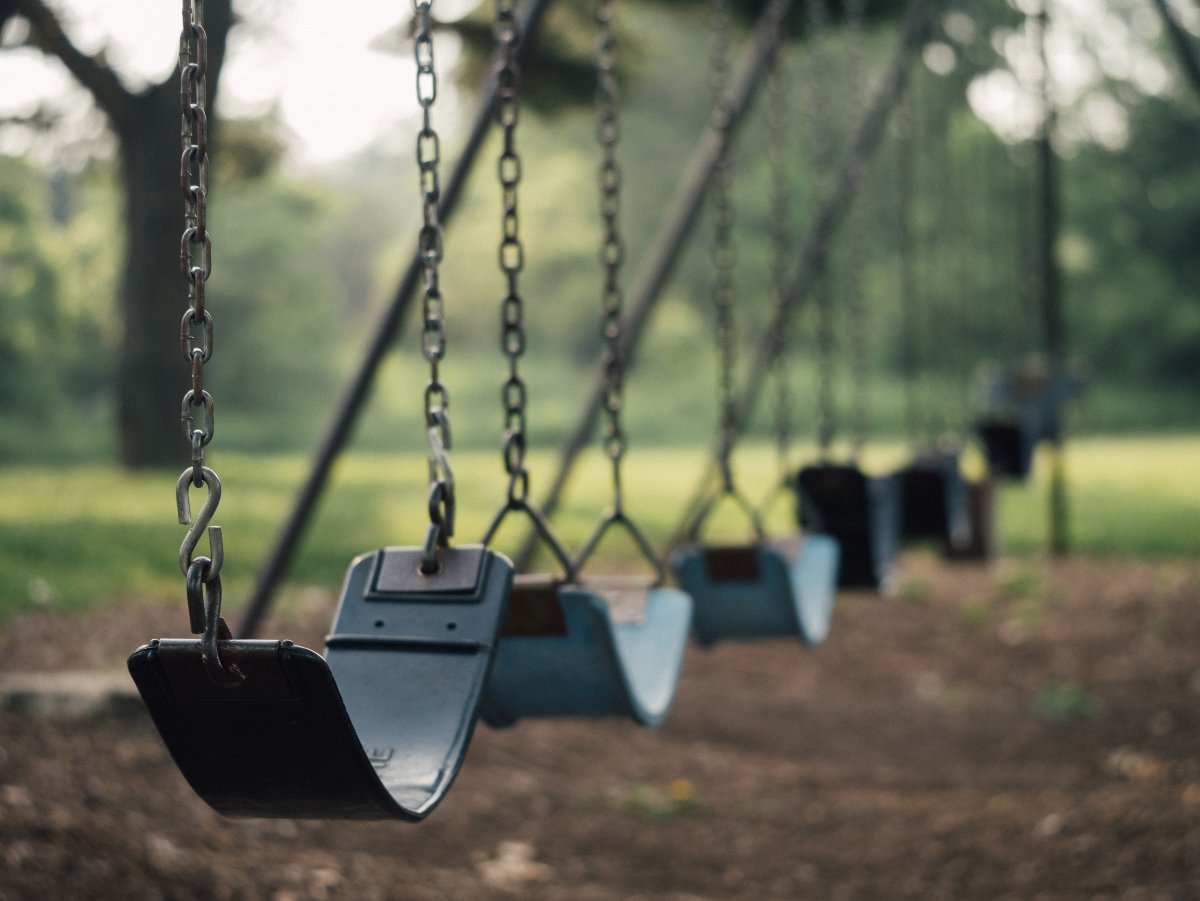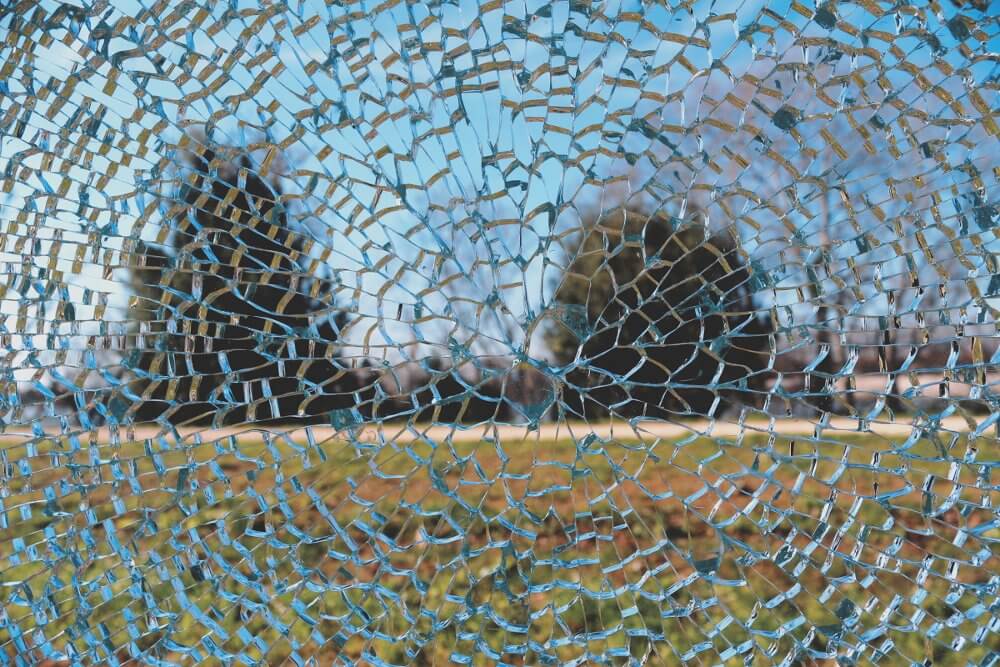It’s Day One after the election of 2016. I feel sick and scared. Who better to suggest a remedy for our spiritual malaise and existential crisis than the Dalai Lama?
In a recent article in the New York Times (November 4, 2016), the Dalai Lama and Arthur Brooks co-authored a column: “Behind our Anxiety, the Fear of Being Unneeded.” It seems like an odd couple to me, but their message is profound. They point out some key paradoxes:

The world’s religions all teach love, compassion and tolerance; AND unimaginable violence persists in the name of religion.
Fewer children are poor, hungry, illiterate, and dying; the rights of women and minorities are increasing; AND there is still way too much suppression and oppression of basic rights.
Refugees and migrants would die and are dying to live in Western countries; AND the people in the countries of their dreams are expressing great angst and hopelessness.
The existential question is, “How do we survive and thrive in the face of these paradoxes?” And now, might I add, in the face of the worst political crisis in history.
According to recent research, the answer appears to be that people are most satisfied with their lives when they feel useful and needed.
According to the Dalai Lama, “being needed does not entail selfish pride or unhealthy attachment to the worldly esteem of others. Rather it consists of a natural human hunger to serve our fellow men and women.”
Feeling superfluous and irrelevant kills the human spirit and “creates the conditions for negative emotions to take root.”
As individual members of civilized society, we have choices to make every day regarding the level at which we contribute to peace or perpetuate violence. Here is a scale to help us to be more conscious and intentional about every action we take on a daily basis.
- Level 5: Help
- Level 4: Give
- Level 3: Get
- Level 2: Take
- Level 1: Hurt
Transcend and Heal may represent levels 6 and 7, but let’s stay within the realm of reasonable aspiration, particularly given the disastrous election results. The danger of a democracy lies in the possibility of the majority of the population making bad discriminations. Case in point: we had a chance to elect a level 5 President, who devoted her whole life to helping; instead we elected a level 1 President who has a life history of hurting and taking.
At level 5, we can HELP by responding compassionately to every person we encounter and take the initiative to create opportunities for them. At this level, we are interdependent. We actively seek ways to help others succeed.
At level 4, we can GIVE generously of our time and money and look for ways to offer kindness to others. At this level, we share openly and collaborate with others to make a positive difference and to serve others’ needs.
At level 3, we simply strive to GET what we need. We may not be excessively selfish or greedy, but we act primarily as independent agents concerned with satisfying our own needs. At this level, people tend to be fair, savvy, smart, devoted, and dedicated – but are primarily committed to themselves.
At level 2, we TAKE from others to satisfy our selfish needs and excessive desires. We are not interested in giving or helping. At this level, greed and desire take over our thinking, and we are not concerned with how our behaviors may impact others. People at this level tend to be manipulative and devious.
At level 1, we engage in HURTFUL, harmful, hateful, demeaning, abusive, or violent behavior. We are quick to fight or react to the slightest provocation. At this level, we are creating the conditions for wanton acts and tribal war whether it’s political, racial, or class oriented.
This scale applies to organizational effectiveness as well. Organizations at level 1 HURT people with their products and services. The tobacco industry is a good example of this type of organization.
Organizations at level 2 TAKE what they can get from people independent of their particular needs. The financial services industry is a good example of this kind of organization with Wells Fargo being the most recent perpetrator of fraudulent and devious behavior.
Organizations at level 3 GET what they can by maximizing profits independent of the actual cost of goods sold. The pharmaceutical industry is the prime example of this type of organization with the makers of the epi-pen being the most recent abuser of pricing strategy.
Organizations at level 4 GIVE what they can to contribute to more satisfying and productive lives. High technology firms tend to fall into this category with Google being an exemplar. Google’s mission of providing universal access to the world’s information is a valuable service to humanity and a great equalizer in the world.
Organizations at level 5 look for ways to HELP others realize their possibilities. Not-for-profit and NGO organizations are the primary examples at this level. For example, Oxfam, the organization dedicated to reducing poverty and hunger and increasing social justice in the world, deserves to be highlighted for its work at this level. Their vision is a just world without poverty. Their mission is to create lasting solutions to poverty, hunger, and social justice.
Not surprisingly, employees who work for level 4 and 5 organizations, like Google and Oxfam, have much higher levels of job satisfaction and commitment to perform optimally. People who feel like they are contributing to a greater good bring much more energy and passion to their work.
Building a compassionate society requires a higher percentage of people and organizations operating at levels 4 and 5 than currently exists. In my view, I would distribute the world population on our scale as follows:
| Level of Functioning | Current State | Desired State |
| Help | 5% | 20% |
| Give | 15% | 40% |
| Get | 40% | 40% |
| Take | 20% | 0% |
| Hurt | 20% | 0% |
If this frequency distribution even approximates reality, we are facing a major gap.
In order to close the gap, each of us needs to look in the mirror and ask how we would distribute our daily behavior on the scale.
What do we do to contribute to exclusivity? What innovative solutions are we entertaining and proposing? How can we collaborate more effectively? What can we do to build friendships beyond our familiar comfort zones? How might we create a shared belief in compassion and treat each other with decency and dignity? How can we recognize the intrinsic usefulness of every person? How can we help people find meaning in their lives? How do we develop a hunger for helpfulness?
Likewise, organizations need to look more deeply into their souls and create missions, like Google’s or Oxfam’s, that inspire employees to be fully invested in their work. The missions, however, have to reflect the genuine intentions of the corporation and their allocation of resources needs to support those intentions.
If only we would listen more closely to the Dalai Lama. He is such a powerful and peaceful voice in our world. We want to feel needed. We need to feel useful. May we find the opportunities to contribute to the world in meaningful ways. And may the Dalai Lama’s words be amplified to a decibel level that breaks through the noise that deafens our minds and hearts these days to common ground and creative solutions.
As individuals, organizations, and as a society at large, we have a simple existential choice in every moment: do we help or do we hurt?

I have to admit that I wrote this post two days ago while smugly anticipating a Clinton victory. Now we have a Trump presidency to swallow. Trump’s whole life has been about hurting and taking. He is clueless about what it means to give and help.
What I have learned over the years is that you find out who people are in a crisis.
We are clearly in crisis. More than ever we need to step up and raise our game and stand tall in this existential moment. What comes out of this election is that we need to shift our focus from global to local. Solutions need to be local and personal in spite of what’s happening in our national and global context.
This is when we find out who we really are as individuals, organizations, and as a society. Are we going to help or are we going to hurt? We can’t just point fingers, dump on Trump and walk away. In the darkness of Trump’s victory, reasonable voices are desperately needed and opportunities abound to be more useful.
Also published on Medium.




Good “pivot” Ricky! I have made peace with the election results. All we can do is live our lives the best we can.
Thanks for this post Rick. It is a beacon of sanity and hope. Keep moving forward in united brother/sisterhood, sowing peace, healing, helping, giving. It’s ALL – we can do.
We just need to keep teaching our values to our kids and grandchildren and give them hope for a caring future✌
Chuck
“Beyond our ideas of right-doing and wrong-doing,
there is a field. I’ll meet you there….”